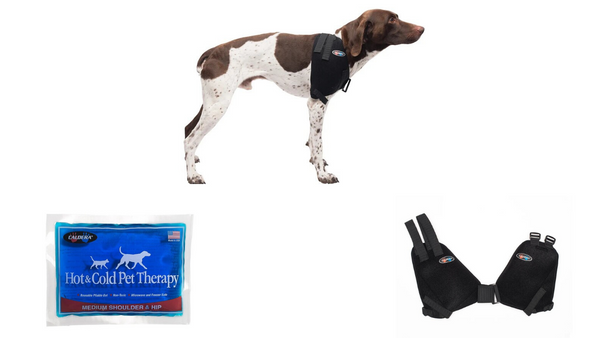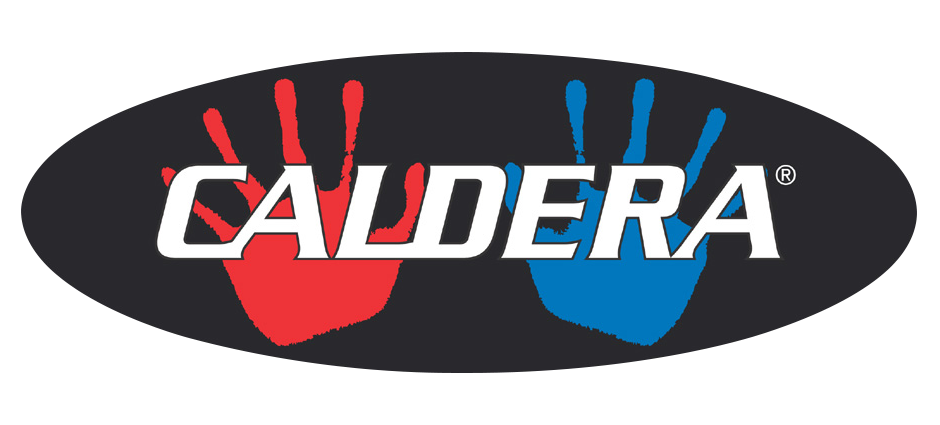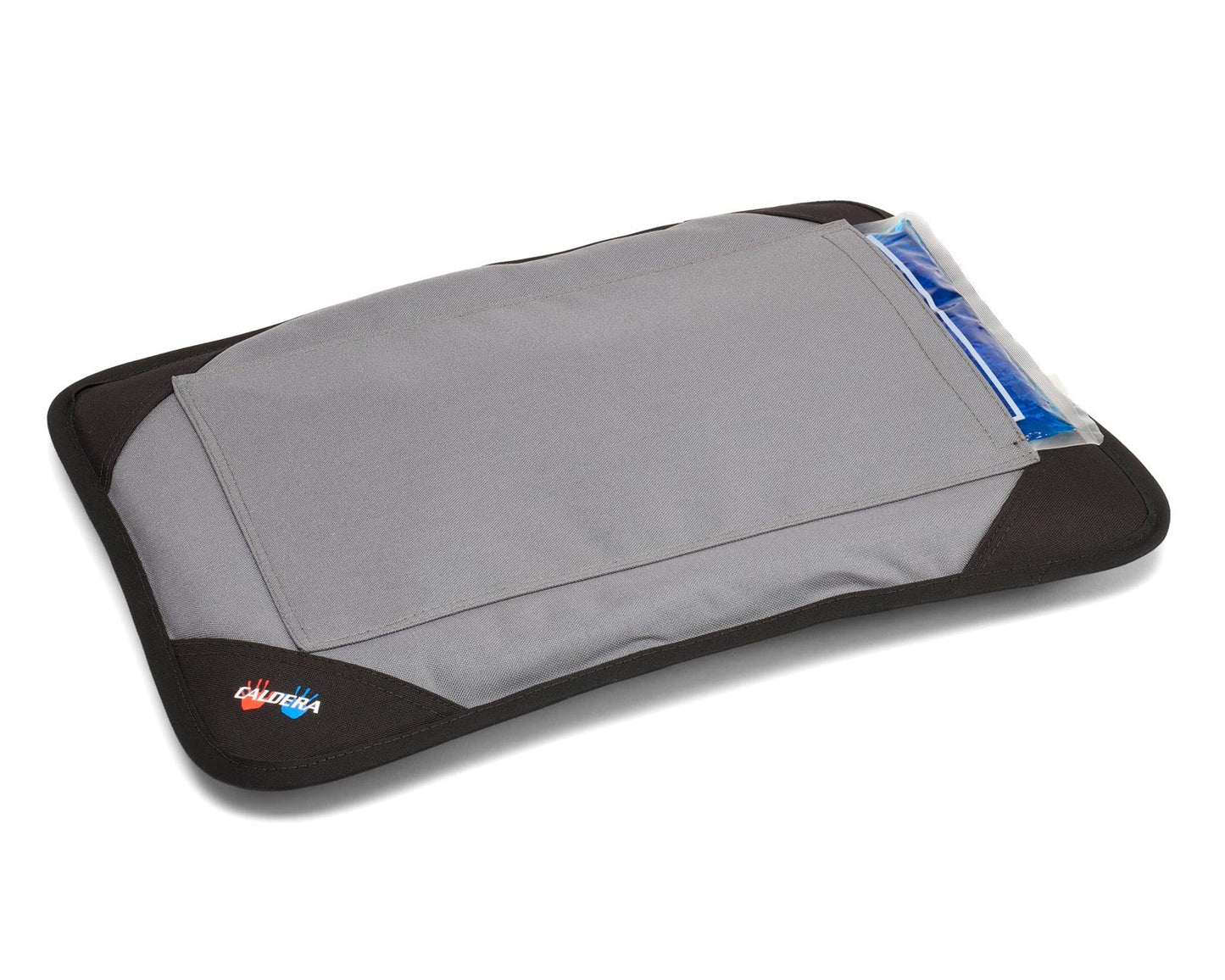Surgery, x-rays and routine operations can be a stressful time for humans. When our pets need these treatments it is no different. Much like a human, pets need special post-surgery care. The vet will give you a lot of advice and information about how to care for post-surgery to help them recover. We have worked on putting together the basics of what you need to know and some additional care recommendations for pets after surgery and post-injuries. As a pet owner, a good deal of this will fall into your lap, and it is best to be as prepared as possible if the need arises.

Care for your Pets after surgery:
Even the smallest of the injuries can be invasive, so it is important to follow your vet’s advice once you get your dog home. As every pet has different requirements your vet will give you specific advice tailored to your pets needs, the procedures they have had, and the aftercare once they get home. After the surgery, in most cases, vets recommend restricting them to engage in any physical activity. One of the most important recovery tips is rest at least a week- only walk, no running or playing.
When you are taking them home, don’t let them jump up into the car- it is better to lift them in and safely secure them and get them home as soon as possible. Once at home keep them warm, in a quiet place, and away for your other pets. Therapy pet beds can play a major role in your dog’s fast recovery at the same time keeping them warm. During this time keep your home as calm as possible so your pet doesn’t stress out. They would be quiet and sleepy for a few days, this is completely normal as their system will be slowed down due to drugs.
What happens if my dog has had surgery? How can I make it comfortable for my pet?
You should keep a close watch on your pet for a few days if you notice anything unusual contact your vet straight away. To make their place as comfortable as possible, you can add therapy packs with their bedding and blankets for dog recovery and make sure that the enclosure is not tight and according to your dog’s size to allow them to stand up and turn around comfortably. It is also likely that your vet will also provide a course of pain reliever, and other antibiotic medications, which you need to give them as instructed.
The most common treatments prescribed are medications or antibiotics to prevent any infections and to reduce swelling and inflammation and heal it faster. But not all surgeries require medications some can be well taken care of at home with the help of rest and some at-home care tips. One of them is to watch out for redness or excessive redness. Cold therapy can help if they are experiencing swelling. Apply cold therapy for 15 mins, 4 times a day for at least 2 days maximum.
What if they have got stitches?
If your dog had a surgery that involves stitches, the vet will advise proper care for any bandages they have or if the area is left open ensuring they don’t lick it which can spread bacteria and hinder their recovery. You can get them checked after 10-15 days following the operation to get the remaining bandages removed or checked for any infections or inflammation.
We recommend you keep a constant check so that they don’t lick or bite them which can potentially lead to infection of their wound. You may provide your pet with a collar. Caldera has got you covered with a ‘comfy’ version of those with a gel formula that can be used either hot or cold. If the vet didn’t recommend one but your dog is trying to get at their wound you can simply get therapy wraps along with gel packs online for your dog’s fast recovery also helping to protect their wound from licking and biting. These therapy wraps are very much comfortable if they find collars too difficult to handle.
Another important thing is their sleeping area which needs to be adjusted if you have baskets for them that can become cramped and restrict them from moving after surgery. It can be worth adding a larger bed with therapeutic properties in a quiet and secluded area of the house. Comfort is important as it will help your dog recover. A pet bed will allow your dog to stretch out, so there is no extra pressure on the sensitive parts of the body.
If there are any signs of infections like seepage such as pus or excess swelling you should call for the advice of a veterinarian or the clinic which performed their surgery. Please keep in mind that these are general guidelines or tips that you can always follow for extra care of your pup. Though along with this it is necessary that you should always follow your veterinarian’s instructions and take immediate action if swelling or inflammation persists.

